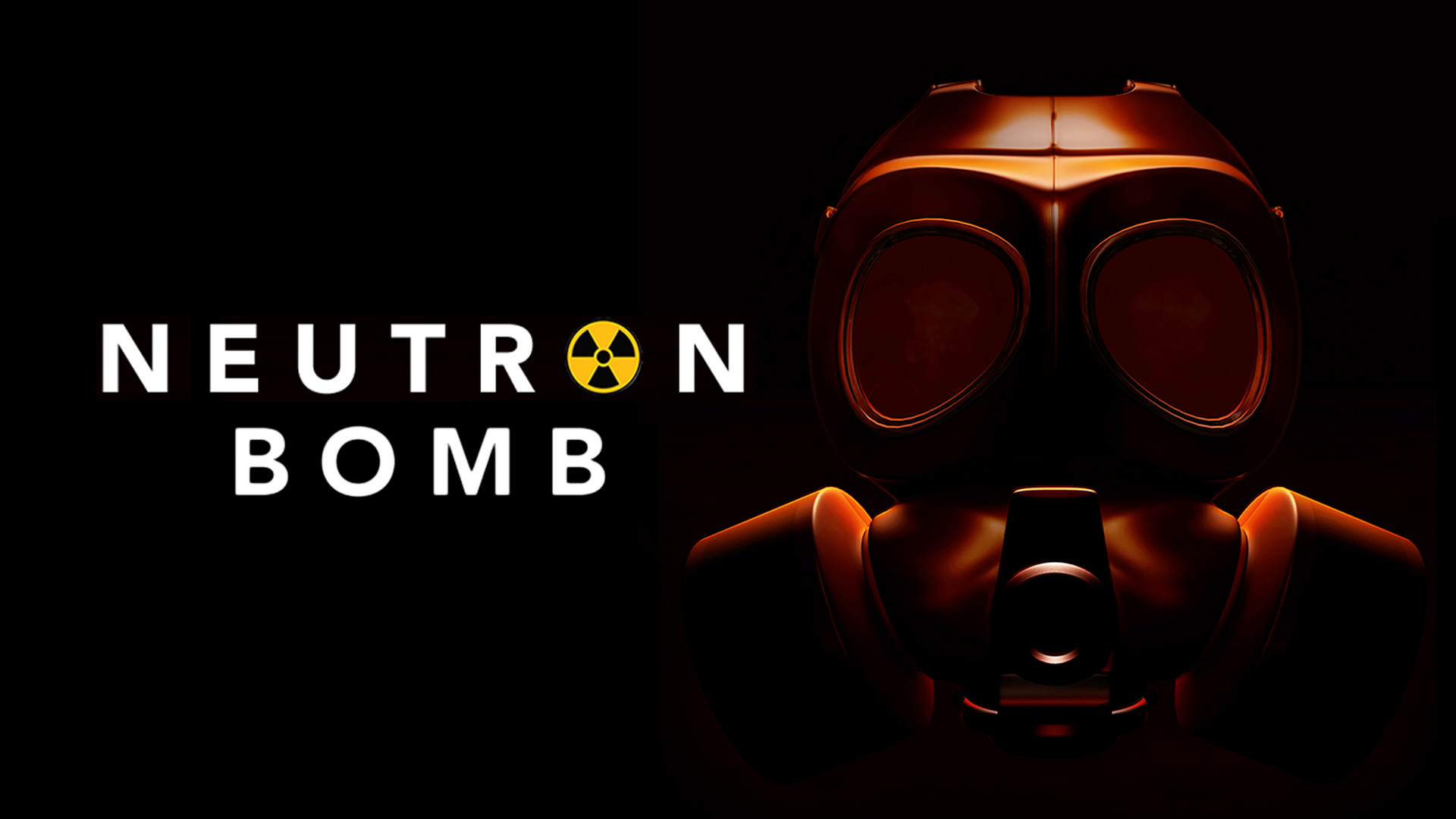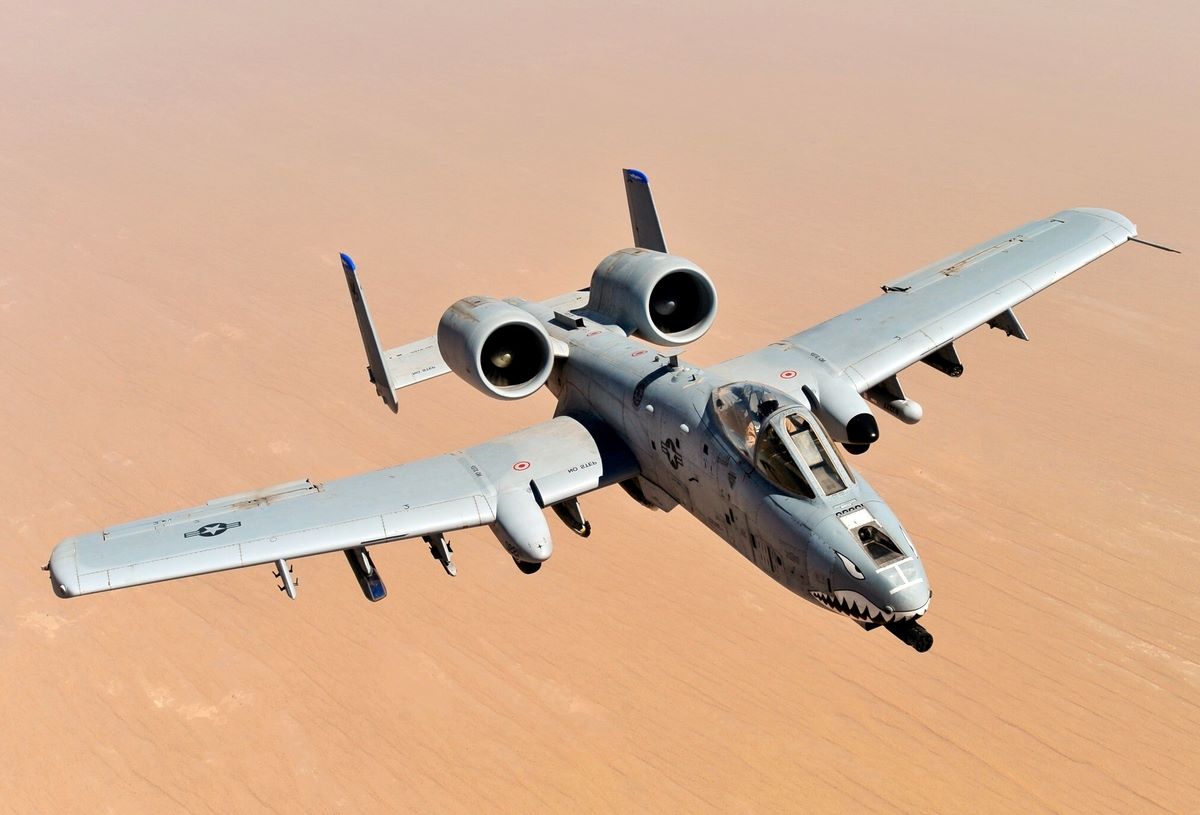
A neutron bomb, also known as an enhanced radiation weapon (ERW), is a type of nuclear weapon specifically designed to release a significant amount of neutron radiation while minimizing the blast and thermal effects. These unique characteristics make neutron bombs distinct from traditional nuclear weapons. In recent years, there has been a growing interest in the capabilities and implications of neutron bombs, sparking debates and discussions among military experts and policymakers.
In this article, we will delve into the fascinating world of neutron bombs and explore 13 intriguing facts about them. From their development and usage to their potential impact on warfare and international relations, we will uncover the key aspects and implications surrounding neutron bombs. So, let’s dive in and enhance our understanding of this powerful, yet controversial, weapon.
Key Takeaways:
- Neutron bombs are nuclear weapons designed to release lethal radiation while minimizing damage to buildings. They were developed for military use but have sparked controversy due to their indiscriminate killing potential.
- Despite their limited stockpiles and uncertain future, technological advancements are exploring alternative weapons with similar capabilities to neutron bombs, aiming to reduce the overall threat posed by nuclear weapons.
What is a Neutron Bomb?
A neutron bomb, also known as an enhanced radiation weapon, is a type of nuclear weapon designed to release a massive amount of neutron radiation while minimizing the blast and thermal effects. Unlike traditional nuclear weapons, a neutron bomb is primarily aimed at killing humans while causing minimal damage to buildings and infrastructure.
Increased Radiation
One of the unique features of a neutron bomb is its ability to release a significantly higher amount of neutron radiation compared to conventional nuclear weapons. This radiation is highly lethal to living organisms, making it an effective tool for targeted destruction of enemy personnel.
Military Application
Neutron bombs were primarily developed for military use, with the aim of neutralizing enemy forces without causing excessive damage to the surrounding environment. Their ability to selectively eliminate enemy soldiers while leaving infrastructure relatively intact makes them desirable in certain tactical situations.
Lethal Radius
The lethal radius of a neutron bomb varies depending on the yield and other factors, but in general, it can extend up to several kilometers. Within this radius, the intense neutron radiation can result in severe illness and death for those exposed.
Shorter Half-Life
Unlike other types of nuclear weapons, neutron bombs have a shorter half-life for radiation. This means that the affected area becomes safer for occupation by friendly forces relatively quickly after the initial explosion, allowing for faster post-attack operations.
Limited Explosive Power
While a neutron bomb is highly effective in terms of radiation output, its actual explosive power is limited compared to traditional nuclear weapons. This is achieved by reducing the amount of fissile material used, resulting in a smaller explosive yield.
Controversial Weapon
Neutron bombs have been the subject of significant controversy and debate. Critics argue that their use could lead to indiscriminate killing and the potential for long-term health and environmental effects. This has led to restrictions on the development and deployment of neutron bomb technology in many countries.
Cold War Era
The development of neutron bomb technology reached its peak during the Cold War era when the focus was on developing more targeted and tactical nuclear weapons. However, no neutron bomb has ever been used in combat.
Strategic Deterrence
Although neutron bombs have never seen actual combat, they played a role in the strategic deterrence policies of certain nations during the Cold War. The potential for their deployment was seen as a deterrent against the use of conventional forces by the enemy.
Humanitarian Concerns
The use of neutron bombs raises significant humanitarian concerns due to their highly lethal effects on human beings. The focus on killing enemy personnel while leaving infrastructure intact is seen by many as an unethical approach to warfare.
Limited Stockpiles
Currently, few countries possess neutron bomb capabilities, and their stockpiles are limited. The restrictions on development and deployment, as well as the controversy surrounding their use, have contributed to the limited proliferation of neutron bomb technology.
The Future of Neutron Bombs
As the world moves towards disarmament and non-proliferation of nuclear weapons, the future of neutron bombs remains uncertain. The focus is now on reducing the overall threat posed by nuclear weapons rather than developing new and more targeted variants.
Technological Advancements
Technological advancements have led to the exploration of alternative means of achieving similar effects as neutron bombs. Non-nuclear weapons, such as high-power microwave devices and directed energy weapons, are being developed as potential alternatives with similar capabilities.
Conclusion
In conclusion, the neutron bomb is a unique and powerful weapon that has generated much controversy and debate. With its ability to effectively destroy enemy personnel while minimizing damage to buildings and infrastructure, the neutron bomb presents a complex ethical dilemma. While some argue that its selective destruction makes it a valuable tool in modern warfare, others raise concerns about its potential for indiscriminate killing and long-term health effects.
Understanding the facts about neutron bombs is crucial in order to have informed discussions and debates around their use and implications. With further advancements in technology and ongoing global conflicts, it remains essential to assess the ethical and strategic considerations involved in the development and deployment of such powerful weapons.
FAQs
1. What is a neutron bomb?
A neutron bomb, technically known as an Enhanced Radiation Weapon (ERW), is a type of nuclear weapon designed to release a high amount of lethal radiation while causing minimal damage to structures and infrastructure.
2. How does a neutron bomb work?
A neutron bomb achieves its devastating effects by utilizing fusion reactions within its core. This releases a large amount of radiation in the form of neutrons, which have the ability to penetrate armor and kill living organisms.
3. What is the purpose of a neutron bomb?
The primary purpose of a neutron bomb is to effectively neutralize enemy personnel while minimizing damage to buildings and infrastructure. It is regarded as a tactical weapon that can be used in specific military scenarios.
4. Are there any drawbacks or dangers associated with neutron bombs?
Neutron bombs have been the subject of controversy and criticism due to concerns about their potential for indiscriminate killing and long-term health effects. The release of high levels of radiation can have harmful consequences for both humans and the environment.
5. Have neutron bombs been used in warfare?
To date, neutron bombs have not been used in any conflict. However, their development and existence have been known for several decades, and they remain a topic of debate and discussion in military circles.
Neutron bombs are just one facet of the complex world of military technology and its consequences. Delving deeper into nuclear weapons, their history, and current state offers a broader understanding of these powerful tools. Radiation, a byproduct of nuclear reactions, has its own set of fascinating facts worth exploring. Beyond nuclear technology, military advancements like machine guns have shaped warfare and left lasting impacts on society. Each topic provides valuable insights into the ever-evolving landscape of human conflict and innovation.
Was this page helpful?
Our commitment to delivering trustworthy and engaging content is at the heart of what we do. Each fact on our site is contributed by real users like you, bringing a wealth of diverse insights and information. To ensure the highest standards of accuracy and reliability, our dedicated editors meticulously review each submission. This process guarantees that the facts we share are not only fascinating but also credible. Trust in our commitment to quality and authenticity as you explore and learn with us.


